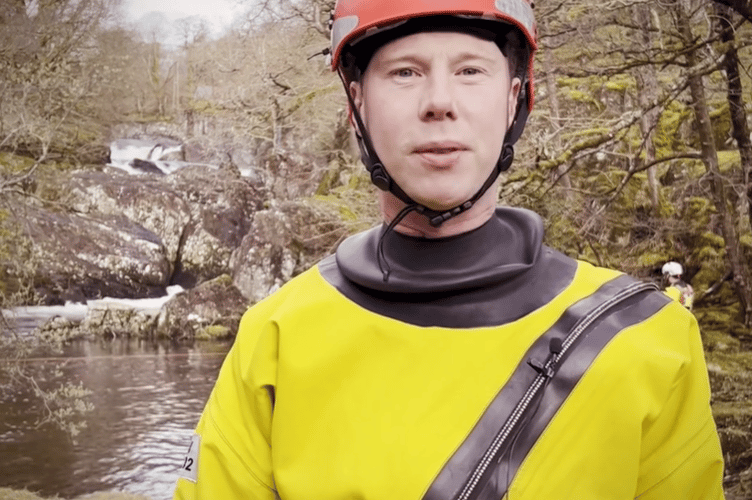This week is ‘Be Water Aware’ week and North Wales Fire & Rescue Service (NWFRS) is working hard to help people stay safe in water.
Gwyn Is NWFRS’s Fire Safety Watch Manager. He has made the video above, which contains tips on how to stay safe when around the water.

And this Saturday, 27 April, you can join NWFRS crews in Bala this Saturday between 11am and 2pm to learn more about how to Be Water Aware!
There will be a chance to meet firefighters and fire cadets and see service equipment.
The National Fire Chiefs Council’s Be Water Aware campaign runs from 22-28 April.
Its aim is to raise awareness about the risk of accidental drowning and provide safety advice ahead of the warmer months when these incidents increase.
The latest statistics cover 2022 from the Water Incident Database reveal around 40 per cent of people who accidentally drowned had no intention of entering the water. Slips, trips and falls were often the cause of these accidents.
Many people also underestimate the dangers of jumping into water or taking a dip to cool off, especially those with limited experience of outdoor swimming. Unseen hazards and cold water shock can mean even strong swimmers get into trouble.
The campaign shares potentially lifesaving Float to Live advice if you find yourself in trouble in the water, and advice on what to do if you see someone in trouble in the water.
Information can be found on the National Fire Chief’s Council (NFCC) and Respect the Water websites.
The awareness week is part of the work NFCC undertake throughout the year to reduce these preventable deaths and messaging supports the aims and objectives of the UK National Drowning Prevention Strategy and that of other member organisations of the National Water Safety Forum. The campaign supports the NWSF Respect the Water campaign and joint, national member campaign. By aligning the messaging and supporting a calendar of campaigns, they aim to reduce the number of accidental drownings in the UK.



